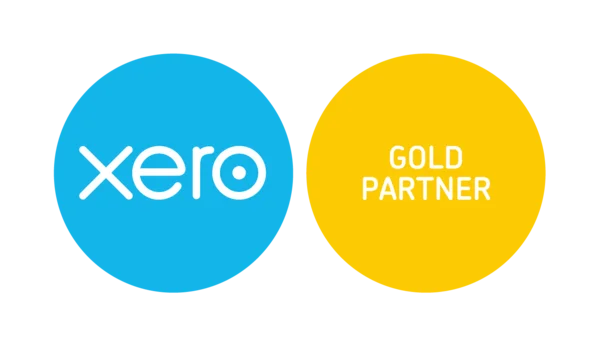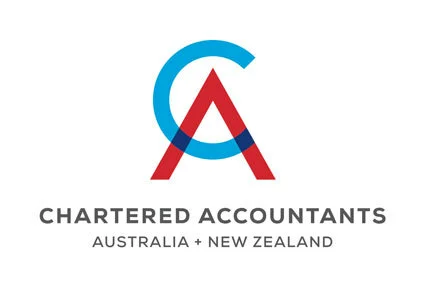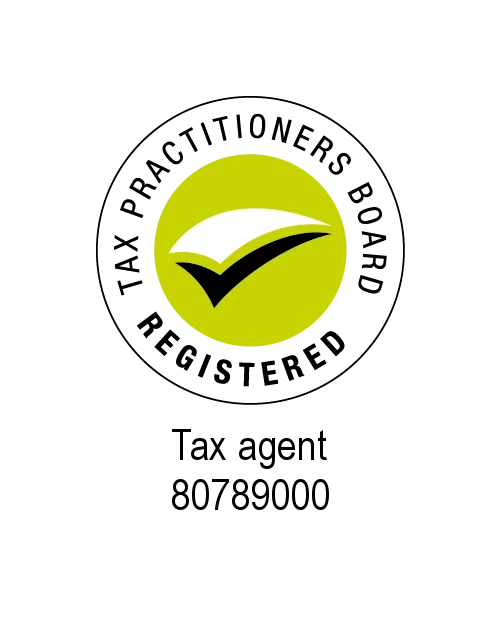Why have a Trust?

You may have heard about trusts and that they are a way of saving tax. Perhaps you wonder whether you should have a trust. Here is a brief description of what trusts are about.
The idea of trusts dates back several centuries in English law. The essential idea of a trust is to be able to separate the legal and beneficial ownership of an asset. That needs some explanation.
In most situations, the legal and beneficial owner of an asset is the same person. For example, take the car that you own. You are the legal owner because your name is registered with the relevant state authority. You are also the beneficial “owner” of the car because you get to drive the car around. A trust separates those two ideas.
All trusts have a “trustee”. The trustee can be a human being, multiple human beings, a company and other types of entities. The trustee is the legal owner of the assets of the trust.
However, usually, the trustee does not benefit from the assets. It is the beneficiaries of the trust that benefit from the assets. Hence, legal and beneficial “ownership” of the assets are segregated.
Here is how a typical “discretionary trust” commences and operates. First a person, called the “settlor”, creates the trust. The settlor does this by having a “trust deed” drawn up by a lawyer that sets out how the settlor wants the trust to be administered. The settlor also appoints the trustee of the trust. The trustee is bound to follow whatever the trust deed instructs as to how the trust is to be operated. The settlor will usually pay a relatively small amount into the trust’s bank account at the start. This is called the “settled sum” and is often around $100. Thereafter, the settlor usually drops “out of the picture” and the trustee runs the trust.
Importantly, the trust deed will set out who are the beneficiaries of the trust. This is usually the family members of the trustee and related entities, although this does not have to be the case.
From then on, the trustee is the legal owner of everything in the trust. The trust may run a business, or it may invest monies that have been lent to it by family members or various other activities. Each year, the trustee (for a discretionary trust) must decide on or before 30 June in the financial year which beneficiaries are to receive the income of the trust. This decision is at the “absolute discretion” of the trustee (hence why it is called a discretionary trust).
Because the income of the trust can be distributed to any beneficiary and in any quantity, it is possible to direct the income to beneficiaries who will pay less tax on the income than other beneficiaries. Accordingly, the family saves tax.
However, there are also other important benefits for having a trust. The two key benefits are asset protection and succession planning. The trustee is the legal owner of the assets of the trust. Accordingly, if a litigant wants to bring legal action and make a claim on an asset(s) it is the trustee that will be joined to the action and not (usually) the family members. This means that the assets of the family members are not at risk.
Another useful feature, particularly where a business is being operated, is the ability to be able to pass the business along to other family members. This, for example, is why many family farms are owned by trusts.
There are, of course, some disadvantages to having a trust. However, family trusts are very prevalent in the Australian small business and investment community. Talk to your accountant if you think you and your family might benefit from having your own family trust.






